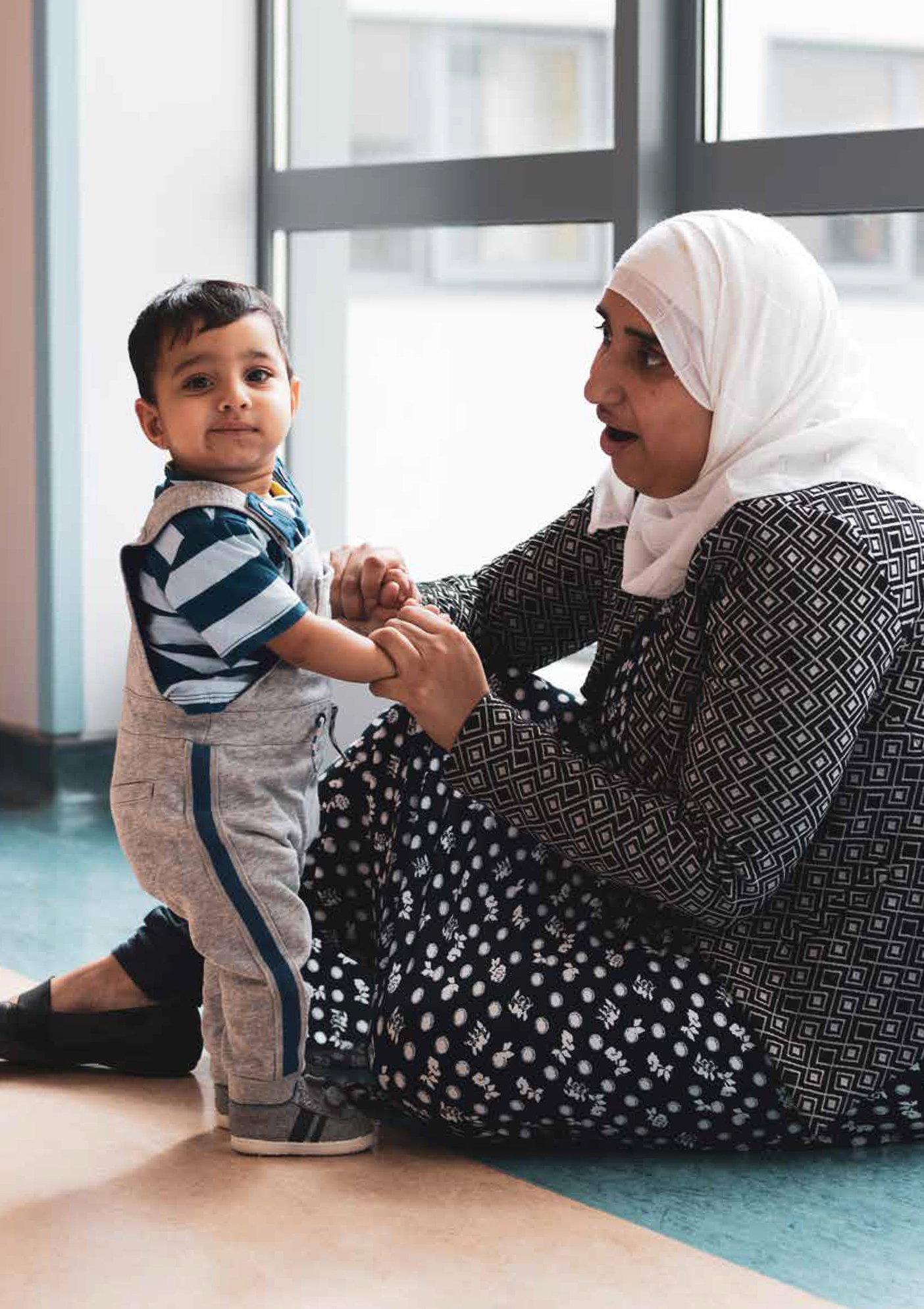
At the age of 23 I began experiencing sharp pains and cramps in the stomach. Being normally fit, and never having been ill before I visited my GP who carried out a number of tests. I was surprised when the results showed there was an abnormality with my kidneys.
I was referred to Royal Blackburn Teaching Hospital (RBTH) and put under the care of renal specialist Dr Solomon. He explained that one of my kidneys was smaller than the other and my combined kidney function was quite low; around 50 to 60 per cent.
This came as a real shock. After further tests, I was diagnosed with Reflex Nephrology. In simple terms, the urine flows back and damages the kidneys. I was totally unaware I had this condition which Dr Solomon described as ‘a silent killer’.
For the next few years, I was treated with many different medications, at one point taking 25 different tablets a day. Unfortunately my kidney function didn’t improve, plummeting to 12 per cent. At 8 per cent kidney function I was put on peritoneal dialysis. Thankfully I could receive this treatment at home, which enabled me to continue to look after my son, who was three at the time.
It was a very difficult time for me and my family. When you are on dialysis for eight hours a day, seven days a week, traveling and holidays become problematic as the machine has to travel too. I had no energy, very little appetite and couldn’t sleep properly. As the condition deteriorated further I lost the ability to support my family. I couldn’t look after my son properly, clean or cook. It was a very low point when I could no longer bathe myself.
The time came when my name was added to the NHS Organ Donor waiting list. Both my parents and my husband are diabetic so were unable to donate a kidney. I knew I had a long wait ahead. The average waiting time for a kidney was two to three years. I was facing five to seven years due to the shortage of donors from black and minority ethnic communities.
I felt dejected and thought I wouldn’t get a transplant.
After only 11 months on dialysis, at 5 o’clock in the morning, I received the call I had been longing for. There was a kidney available. That day, at Manchester Royal Infirmary, I underwent tests to check compatibility with the donor kidney and the
following morning I had surgery. I had gained the lifeline of a new kidney.
Today, I’m doing really well. The transplant has transformed my life. I work as a Projects Officer for the One Voice Network. Together, we’ve done so much to raise awareness in the BME community about organ donation; educating people and tackling myths.
I have been very lucky. I received a kidney and have been given my life back.
Every day there are people in the UK dying waiting for a transplant. Many of them will be from the BME community as less organs are donated. When I ask people if they would accept a kidney, they say ‘yes’. But when I ask them if they’d donate one, they say ‘no’. I think a lack of education and understanding about donating plays a huge part. We can make the change by talking openly.
Although many black and Asian patients are able to receive a transplant from a white donor, for many patients the best match will be a donor from the same ethnic background as they are more likely to have matching blood groups and tissue types.
If it is okay to accept a kidney, why is it not okay to give one?
I have regular check-ups at RBTH and the care I receive is fantastic. My new kidney has given me my life back and
I have the energy to enjoy being a mum. My son Awais, who is now seven, says: ‘I have got my mummy back!’
Organ donation has made such a huge difference to my life. I may not have been able to share my story had it not
been for the family of my donor. I have written to thank them for the wonderful life giving thing they have done.
By sharing my story I want to give other people waiting for organ donations hope.


